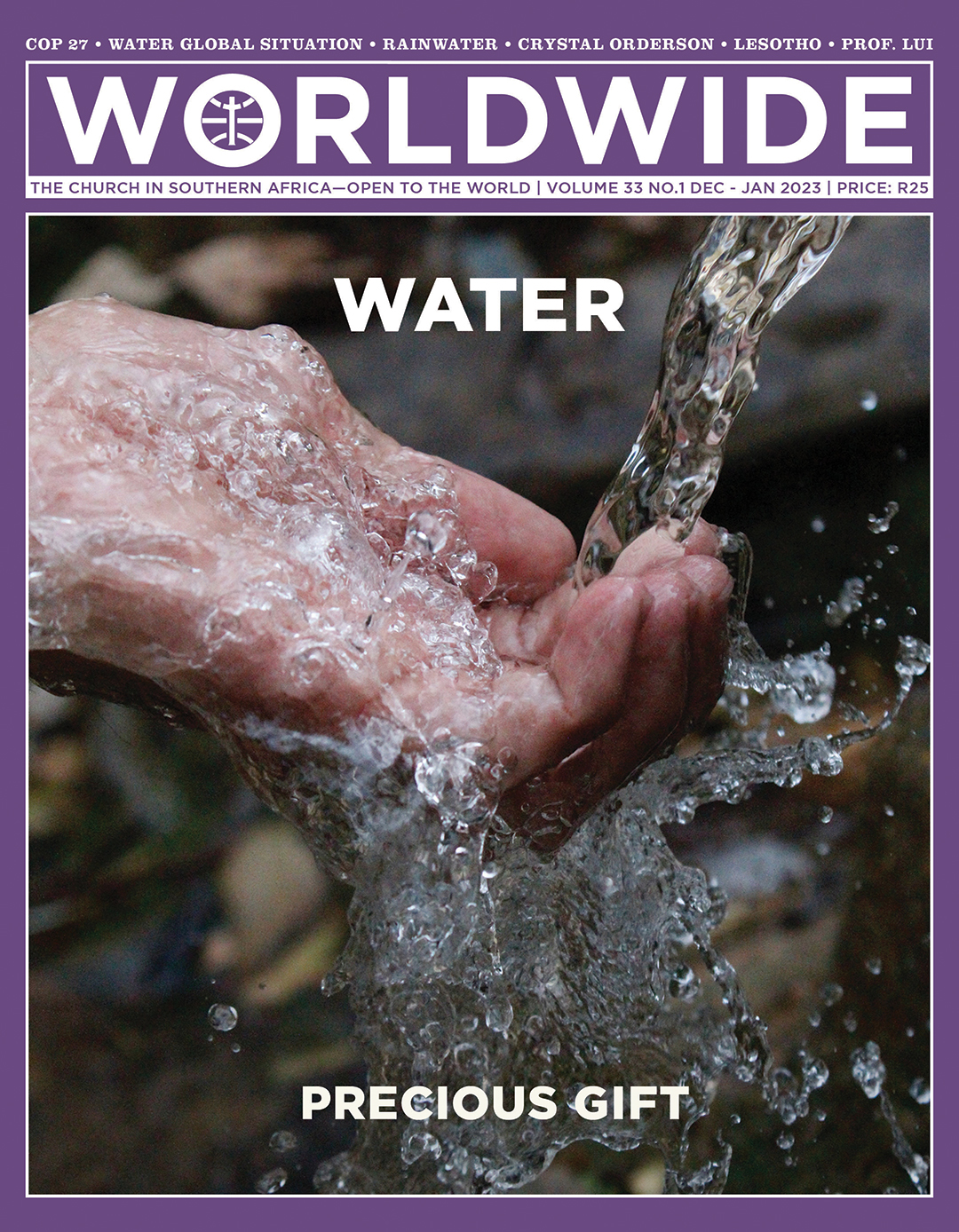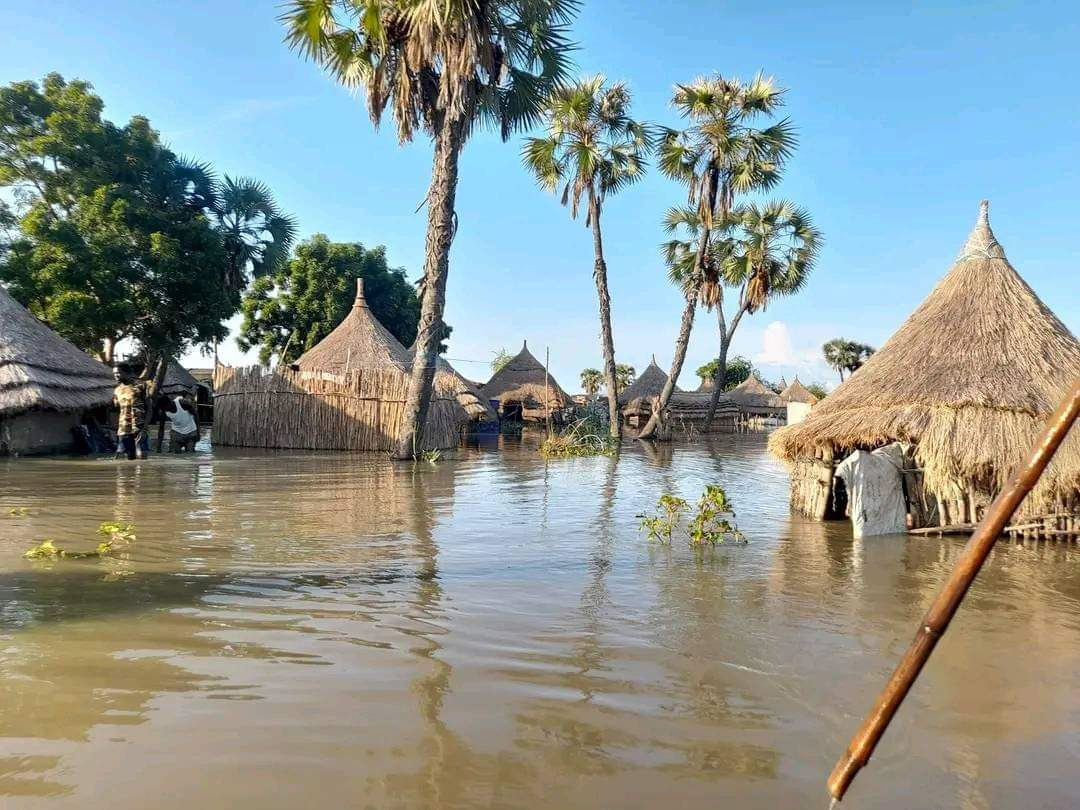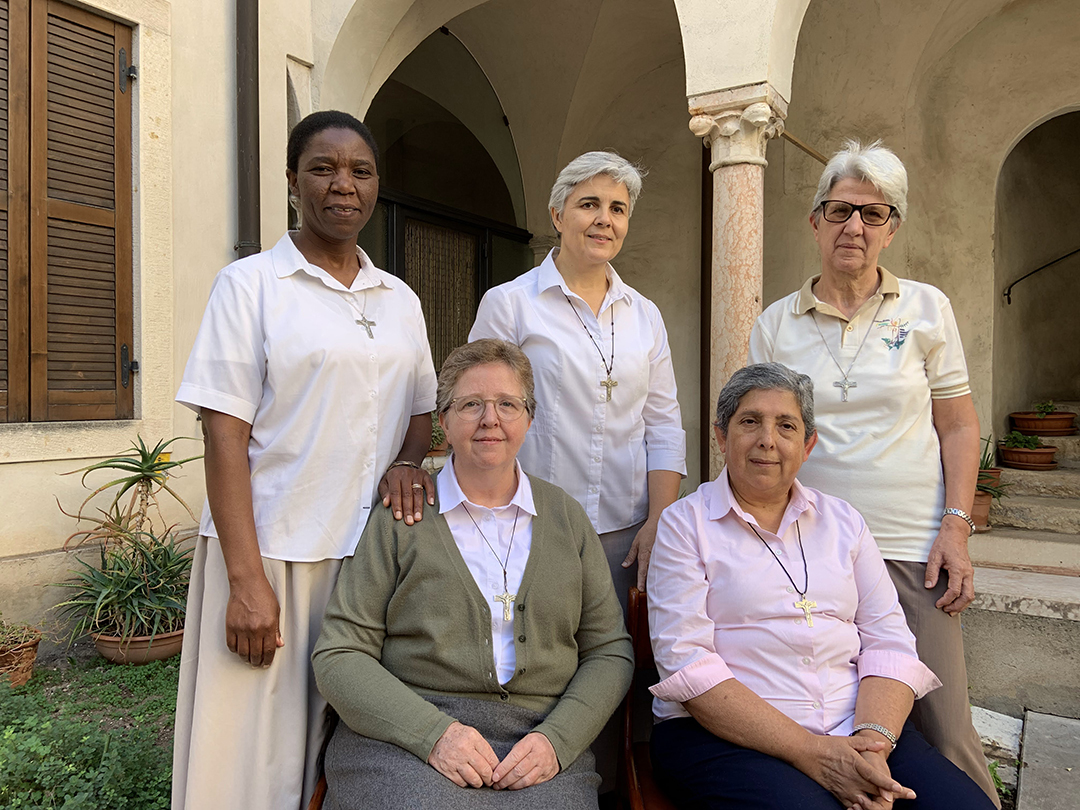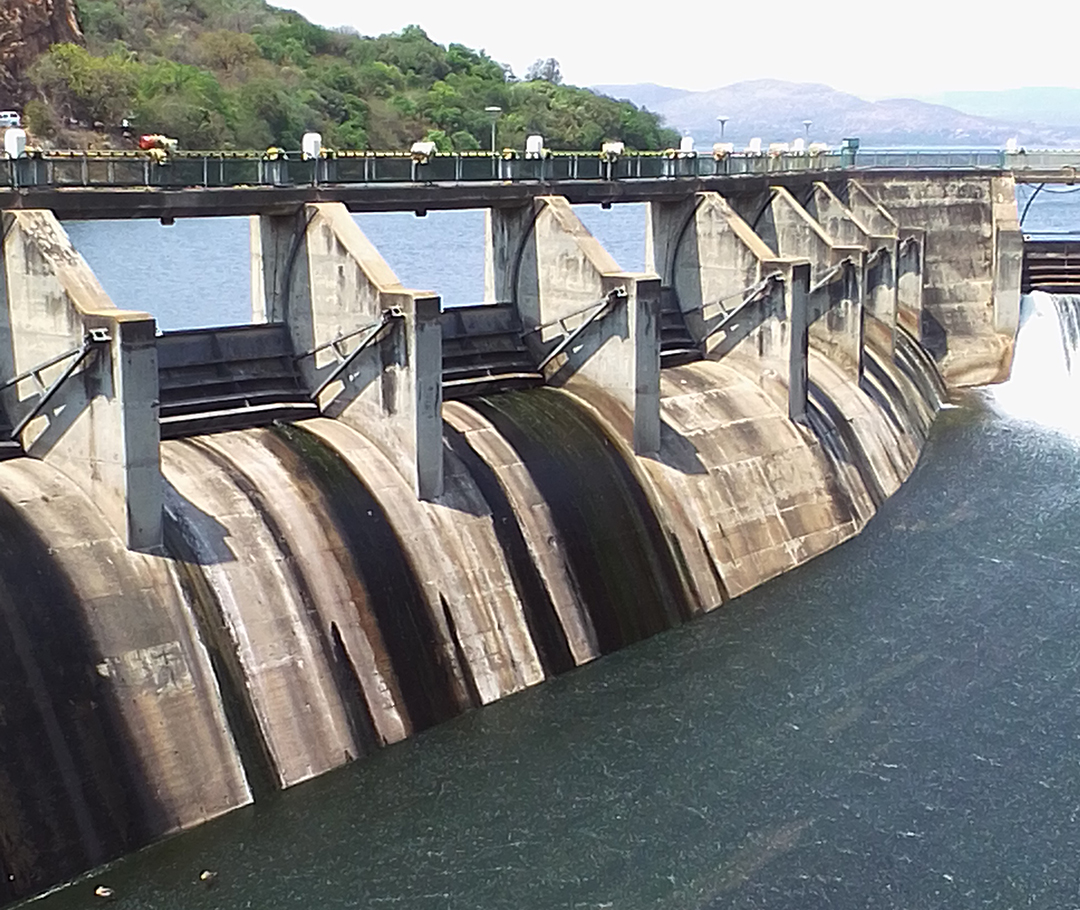RADAR • EQUILIBRIUM & SUSTAINABILITY

Credit: UK Department for International Development/commons.wikimedia.
Global health journals demand climate justice for Africa
BY Sharon Udasin | The Hill, WASHINGTON DC, USA
MORE THAN 250 health journals have joined forces by publishing an editorial aimed at convincing world leaders to deliver climate justice for Africa.
In addition to being published in 50 journals across Africa—such as African Health Sciences, the African Journal of Primary Health Care & Family Medicine and the East African Medical Journal. The editorial is also appearing in other leading international journals, among others, The BMJ, The Lancet, the New England Journal of Medicine, the National Medical Journal of India and the Medical Journal of Australia, according to a press release from The Lancet.
The editorial, authored by 16 editors of Africa’s leading biomedical journals, argues that the continent has suffered disproportionately even though it has done little to cause the climate crisis.
In the context of the United Nations Climate Change Conference (COP27) in Egypt, the writers urged wealthy nations to strengthen their support for vulnerable nations in addressing past, present and future impacts of climate change.
“The climate crisis has had an impact on the environmental and social determinants of health across Africa, leading to devastating health effects.Climate-related risks across Africa include flooding, drought, heatwaves, decreased food production and reduced labour productivity. In both West and Central Africa, flooding has resulted in increased deaths and has forced migration from loss of housing and cultivated land, the authors stressed.
The authors also urged wealthy nations to fulfil a previous commitment they made— but have thus far failed to carry out—to invest $100 billion annually in poorer countries
Meanwhile, damage to environmental hygiene and changes to vector ecology have led to surges in diseases—such as Malaria, Dengue fever, Lassa fever, Rift Valley fever, Lyme disease, Ebola virus and West Nile virus—across sub-Saharan Africa, according to the editorial.
The authors estimated that the climate crisis has destroyed about a fifth of the gross domestic product of the countries that are most vulnerable to climate shock.
“The damage to Africa should be of supreme concern to all nations,” the authors wrote, acknowledging that this is partially for moral reasons.
“Yet it is not just for moral reasons that all nations should be concerned for Africa. The fight against the climate crisis needs all hands on deck. Knock-on effects can impact all nations”, they explained, noting that the coronavirus pandemic should serve “as a wake-up call to these global dynamics.”
The authors also urged wealthy nations to fulfil a previous commitment they made— but have thus far failed to carry out—to invest $100 billion annually in poorer countries.
This investment, they argued, must occur now if the planet is “to forestall the systemic risks of leaving societies in crisis.” The resources should come as grants, rather than as loans, and prioritize health-system resilience, according to the editorial.
“The climate crisis is a product of global inaction, and comes at great cost not only to disproportionately impacted African countries but to the whole world. Africa is united with other frontline regions in urging wealthy nations to finally step up, if for no other reason than that the crises in Africa will sooner rather than later spread and engulf all corners of the globe, by which time it may be too late to effectively respond,” they warned.
“If so far they have failed to be persuaded by moral arguments, then hopefully their self-interest will now prevail,” the editorial concluded.




